Introduction
The Best Diet for Anatolian Shepherd Dog is essential for this majestic breed's care.
- Proper nutrition ensures they remain healthy and active throughout their lives
- This guide outlines essential tips and food recommendations for this breed
- Understanding their unique needs can help you choose the best diet
- A balanced diet promotes optimal growth, energy, and overall health
- Let's dive into the best practices for feeding your Anatolian Shepherd
1. Understanding the Nutritional Needs
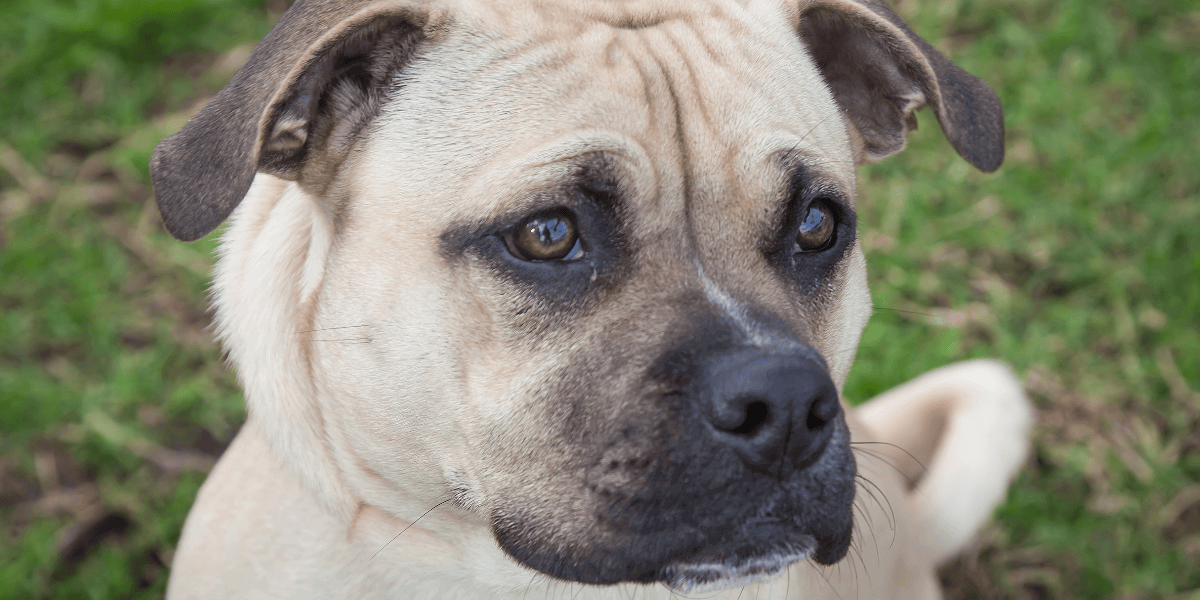
This section covers the specific nutritional requirements for this breed.
- Protein content: Anatolian Shepherds thrive on high-quality protein for muscle maintenance
- Fat levels: Healthy fats provide energy and support coat health and skin
- Vitamins and minerals: Essential for bone health and overall bodily functions
- Carbohydrates: Provide energy but should be balanced with protein and fat
- Water intake: Always ensure fresh water is available to keep them hydrated
- Feeding frequency: Adjust feeding times based on age and activity level
- Weight management: Regular monitoring prevents obesity and associated health issues
2. Choosing the Right Dog Food
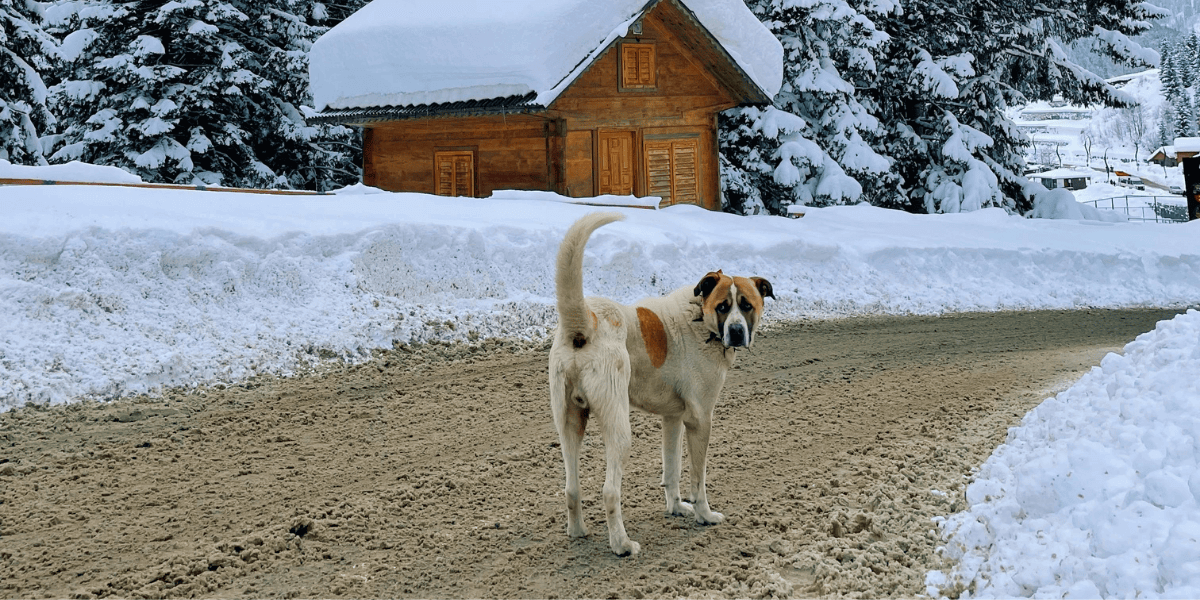
Selecting the Best Diet for Anatolian Shepherd Dog ensures optimal health and vitality.
- Dry kibble: A popular choice, it promotes dental health and is convenient
- Wet food: Offers high moisture content, ideal for hydration and picky eaters
- Raw diets: Some owners prefer raw, focusing on natural and whole food ingredients
- Grain-free options: May be beneficial for dogs with specific grain allergies
- Limited ingredient diets: Help identify food sensitivities or allergies
- Specialty formulas: Look for food tailored for large breeds for balanced nutrition
- Quality brands: Research reputable brands to ensure high-quality ingredients
3. Homemade Dog Food
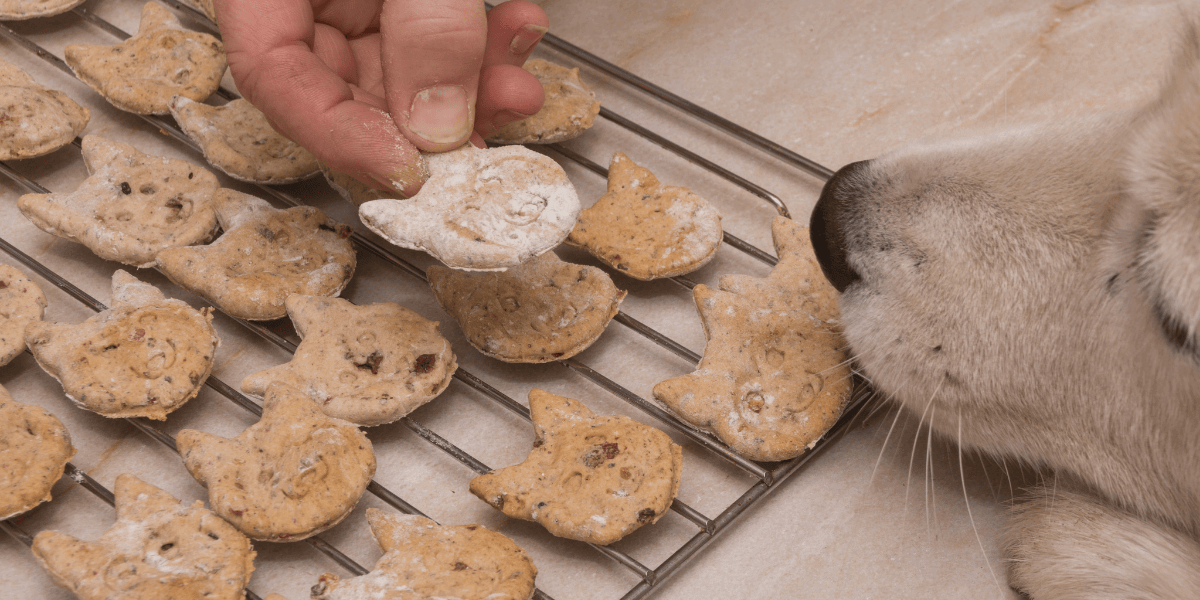
Homemade meals can provide nutritious options for your Anatolian Shepherd.
- Benefits of homemade food: Ensures control over ingredients and portion sizes
- Essential ingredients: Include proteins, healthy fats, carbs, and veggies
- Cooking methods: Steaming or boiling retains nutrients without harmful additives
- Supplements: Consider necessary supplements for balanced homemade diets
- Consulting a vet: Always discuss plans with a veterinarian to ensure safety
- Batch preparation: Cook in bulk to save time and maintain consistency
- Monitoring health: Track your dog’s health closely with homemade diets
4. Recommended Feeding Guidelines
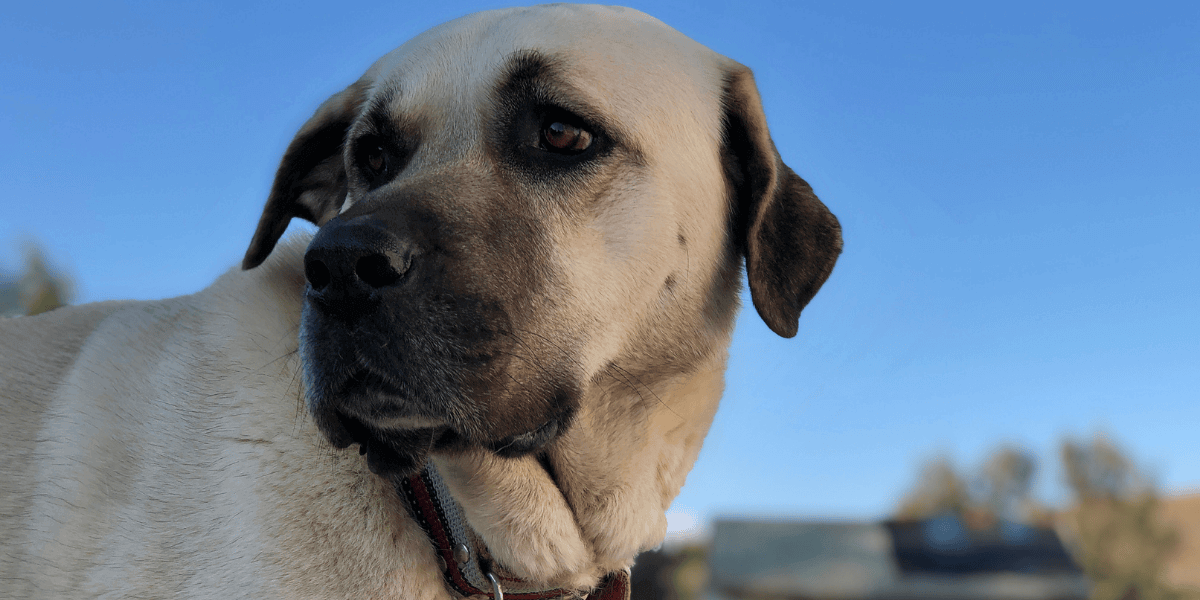
Establishing feeding guidelines is essential for your dog's health and well-being.
- Age considerations: Puppies, adults, and seniors have different nutritional needs
- Serving sizes: Follow guidelines on food packaging for appropriate portion sizes
- Adjusting portions: Tailor portions based on activity level and metabolism
- Treats and snacks: Should not exceed 10% of their daily caloric intake
- Consistency: Maintain a regular feeding schedule to prevent digestive issues
- Gradual changes: Introduce new foods slowly to avoid upsetting their stomachs
- Monitoring weight: Keep track of their weight to ensure they remain healthy
Discover the best foods and supplements for your Anatolian Shepherd by exploring our comprehensive guide to Pembroke Welsh Corgi's nutrition.
5. Foods to Avoid
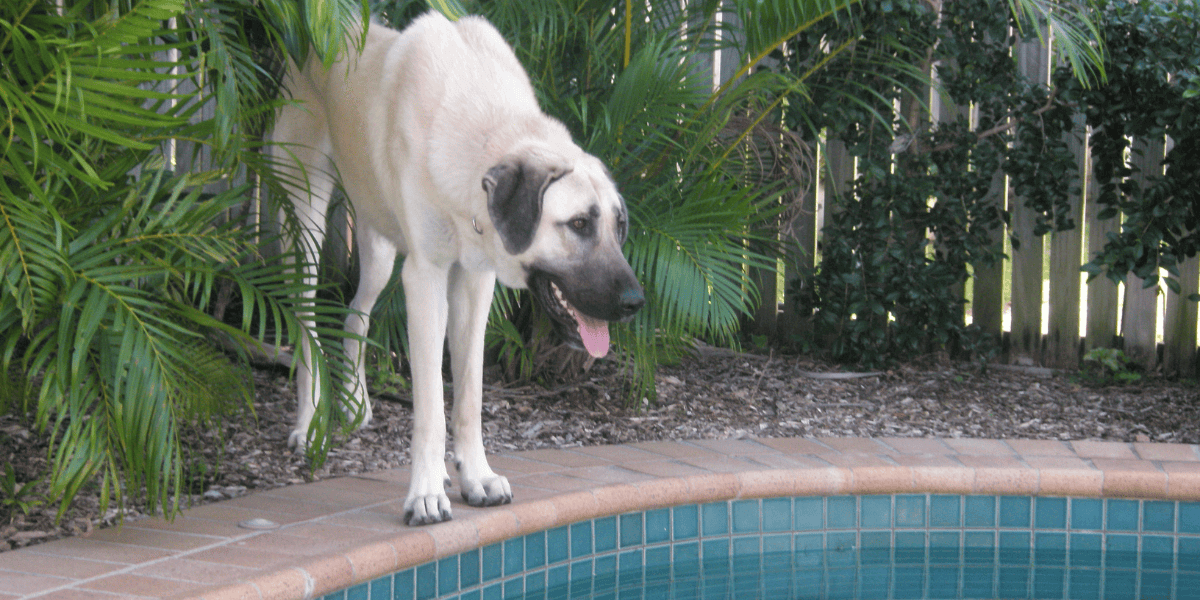
Knowing which foods are harmful can prevent health complications.
- Chocolate: Toxic and can lead to severe health problems and death
- Grapes and raisins: Known to cause kidney failure in dogs
- Onions and garlic: Can damage red blood cells and lead to anemia
- Alcohol: Extremely toxic and can be fatal, even in small amounts
- Xylitol: Found in sugar-free products, it can cause severe hypoglycemia
- Fatty foods: Can lead to pancreatitis and digestive issues in dogs
- Cooked bones: Splintering can cause serious internal injuries
6. Tips for Transitioning to a New Diet

Gradually switch to the Best Diet for Anatolian Shepherd Dog for a smooth transition.
- Slow introduction: Mix new food with old food over a week-long period
- Watch for allergies: Monitor for any signs of food allergies during the transition
- Consistent timing: Keep feeding times consistent during the transition process
- Stomach sensitivity: Be aware of changes in digestion and appetite
- Encouraging interest: Enhance the appeal of new food with warm water or broth
- Daily monitoring: Observe for changes in energy and stool quality during the shift
- Consult a vet: Always seek advice from a vet when changing diets
Learn how to prevent and manage hip dysplasia in your Anatolian Shepherd with insights from our Great Danes guide.
7. Regular Veterinary Check-Ups
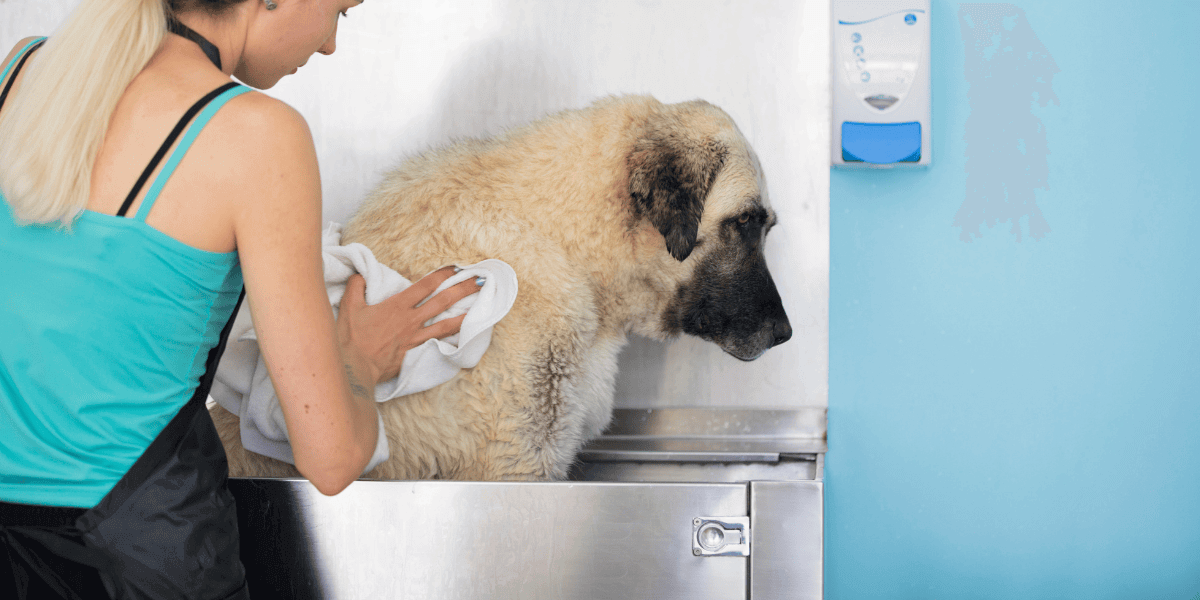
Routine vet visits are vital for maintaining your dog’s health.
- Health assessments: Regular check-ups allow for monitoring dietary needs
- Weight checks: Helps in adjusting food portions and diet plans
- Nutritional advice: Veterinarians can provide tailored diet recommendations
- Dental health: Vet visits can address dental issues related to diet
- Parasite control: Regular screenings help manage potential health threats
- Vaccinations: Ensure vaccinations are up to date for optimal health
- Behavioral observations: Vets can assess any changes in behavior related to diet
Stay informed about common health issues in Anatolian Shepherds by reading our detailed overview of Cane Corso's health concerns.
FAQs
1. What is the best diet for an Anatolian Shepherd?
- The Best Diet for Anatolian Shepherd Dog includes protein, healthy fats, and nutrients
2. How often should I feed my Anatolian Shepherd?
- Adult dogs typically do well with two meals a day for balanced energy
3. Can I give my dog table scraps?
- It's best to avoid table scraps as they may not be healthy for dogs
4. Is raw food safe for my Anatolian Shepherd?
- Raw diets can be safe but require careful planning and veterinary advice
5. What treats are suitable for my dog?
- Opt for healthy, low-calorie treats made specifically for dogs
6. How can I tell if my dog is overweight?
- You should be able to feel their ribs without excess fat covering them
7. What should I do if my dog refuses to eat?
- Consult your veterinarian if your dog shows a sudden loss of appetite
Conclusion
- Proper nutrition is essential for the health and vitality of your Anatolian Shepherd
- Understanding the Best Diet for Anatolian Shepherd Dog helps in making informed choices
- Regular vet visits and dietary assessments ensure optimal health
- Transitioning diets should be gradual and monitored closely
- Always be cautious of harmful foods that can pose health risks
- Consult your veterinarian for tailored advice regarding your dog's nutrition
If you found this guide helpful, like and share it with fellow dog lovers today!
References
For more information on the Best Diet for Anatolian Shepherd Dog, check out:




